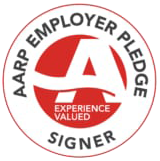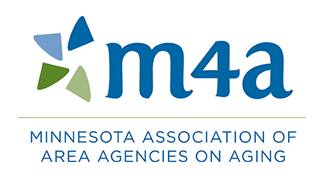Powerful Tools for Caregivers and the Aikido Style of Communication
Family caregivers continue to be the backbone of long-term care services and support for older adults in Minnesota. Unfortunately, many family caregivers are not aware of the negative impact of caring for an older adult relative or friend may have on their health.
In the Powerful Tools for Caregivers classes we teach a section on communicating effectively with others. In a recent class a caregiver son – we’ll call him Richard, was frustrated and sad that he was unable to communicate effectively with his widowed mother because she was so angry with him for having moved her to an assisted living facility. During the class on communication we introduced the Aikido style of communication. Aikido is a communication tool that can help another person to feel that we understand his/her feelings and point of view. A person who feels heard and validated is more likely to work with us to find solutions to problems and concerns. The goals of Aikido are to create or regain a feeling of harmony between ourselves and the other person, to help the other person feel we have heard him/her, and to help the person meet some of his/her needs without sacrificing our own.
What Richard discovered was that instead of listening to his mother express her anger and empathizing with her he was defensive and argumentative. After learning the Aikido style of communication and role playing with other class participants, Richard felt he was ready to try to have a pleasant visit with his mother. This time, instead of being argumentative, Richard responded with empathy, “I’m sorry you are so unhappy here, mom.” Richard reported back to the class the following week that just saying those few words and responding with empathy defused his mother’s anger. Richard finally understood that his mother needed him to understand and empathize with her.
As a caregiver, we must rely on our communication skills to obtain and share information, to adapt to change, to ask for what we need, and to stay connected with others. Problems related to changing care needs are usually laden with emotion. If you reflect the other person’s feelings you communicate understanding, acknowledgment and acceptance. Once you address a person’s emotions it’s easier to discuss the facts and details of a problem.
To find out more about Powerful Tools for Caregiver classes call the Senior LinkAge Line.




